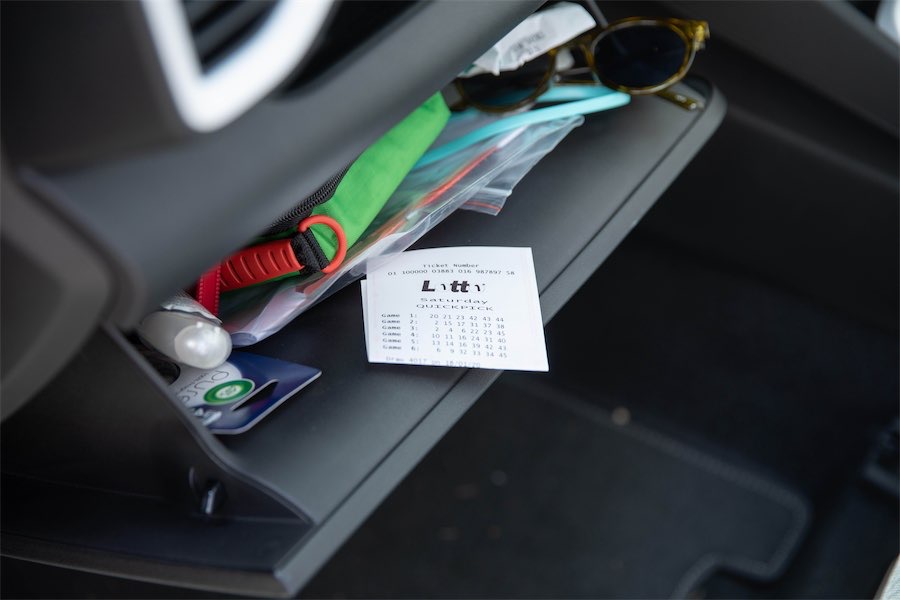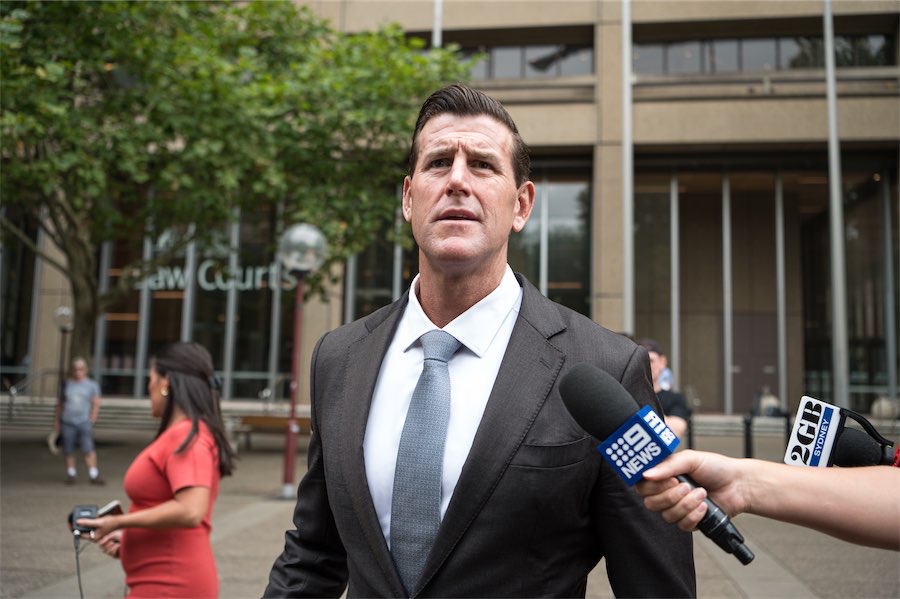
By Poppy Johnston in Canberra
Before a cafe can get up and running in Victoria or Tasmania, operators must cobble together more than 30 different licences, permits and registrations.
In the Northern Territory – the jurisdiction with the fewest licensing hoops to jump through – cafe owners have 22 to navigate.
The territory’s relatively streamlined licensing requirements for cafes and other business types helped it secure fourth place on the Business Council of Australia’s 2024 ranking of state regulation and tax settings.
South Australia emerged as the “best state to do business” based on the employer group’s assessment of payroll tax rates, property charges, planning systems and other regulatory settings.
Tasmania was second on the leaderboard thanks to its low land tax rate, unrestricted trading hours and below-average workers’ compensation premiums.
Bringing up the rear was Victoria, dragged lower by comparably high property charges and payroll tax rates.
Ai Group Victoria head Timothy Piper said business costs in the state had compounded over time, with general compliance costs of abiding by state, local and federal rules felt particularly acutely of late.
While only a few businesses had actually upped and left Victoria, Mr Piper said many businesses were no longer investing in the state.
“There are companies that want to invest but they’re wary because they don’t feel like the government is supporting business at the moment,” he told AAP.
A spokesperson from the Victorian government said the state’s economy was strong and business investment had surged by more than 30 per cent in the past three years.
“This is the highest level of business investment on record,” the spokesperson said.
“There are now more Victorians in work than ever and our economy has had by far the strongest growth of any state since Labor came to power – with growth at 27.4 per cent – far ahead of both the national average and NSW.”
Business Council of Australia chief executive Bran Black said the point of the leaderboard was to inform businesses looking to expand into other states.
It was also useful for states and territories hoping to attract more business investment, he added.
“This report highlights good practice regulations and planning systems across Australia that other states and territories should look to adopt,” Mr Black said.
“This is critical to boosting productivity, investment and opportunity for communities across the country.”
South Australian Premier Peter Malinauskas said his state was run by a pro-business Labor government.
“We are determined to make sure when we contemplate policy change, it is done in concert with business, rather than against them,” he told reporters on Tuesday.
“We want to provide a stable investment environment, both in a regulatory sense but also a tax sense to attract more investment to our state.”
The top-performing state sports the lowest payroll tax rate for large employers and ranked highly for stamp duty and land tax rates.
Its urban planning system, which takes into account the pace development applications are assessed, also outperformed other states.
But on retail trading hours, South Australia had among the most restrictive rules dictating when businesses could and could not open.
The ACT – in third place on the state regulatory leaderboard – offered the most flexibility on trading hours.
The Northern Territory, in fourth place overall, similarly scored well on trading hours as well as its payroll tax system.
REGULATION RUMBLE LEADERBOARD 2024
*1st – South Australia
*2nd -Tasmania
*3rd – Australian Capital Territory
*4th – Northern Territory
*5th – New South Wales
*6th – Queensland
*7th – Western Australia
*8th – Victoria
Who can be trusted?
In a world of spin and confusion, there’s never been a more important time to support independent journalism in Canberra.
If you trust our work online and want to enforce the power of independent voices, I invite you to make a small contribution.
Every dollar of support is invested back into our journalism to help keep citynews.com.au strong and free.
Thank you,
Ian Meikle, editor









Leave a Reply